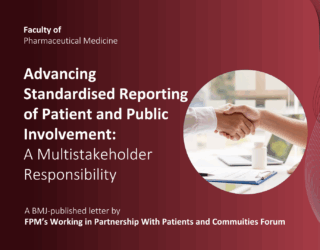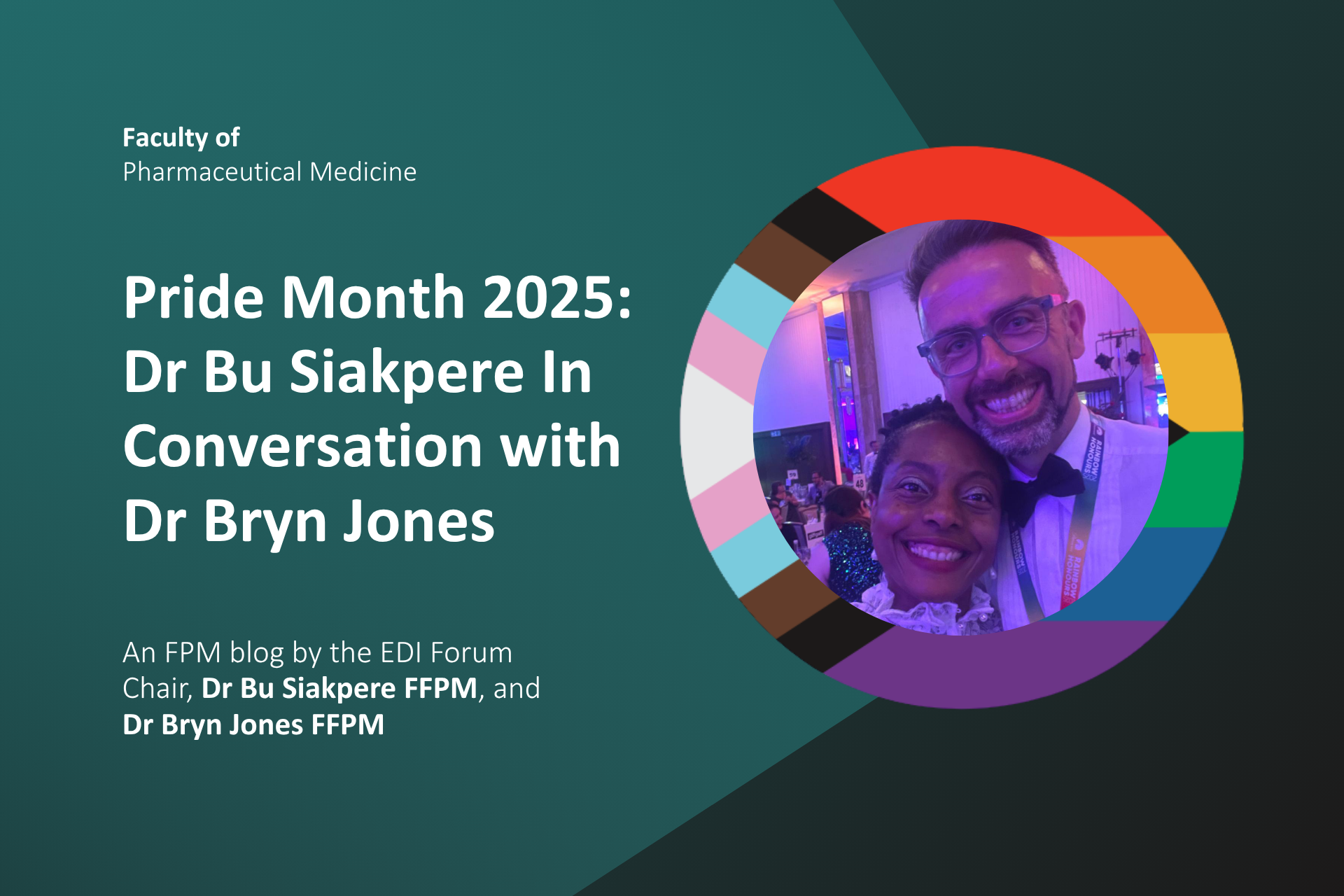Dr David Montgomery FFPM to be the next Responsible Officer
Find out more
Posted on: Tuesday 8 July 2025
Author: Sheuli Porkess and Emma Iovoli
At this year’s London Climate Action Week, we had the privilege of participating in events focusing on the intersection of climate change and health. The discussion was both terrifying and inspiring. People often talk about the need for connectivity in life sciences and health, but this time it really is critical – to ensure that health technologies and policies truly serve society in a climate-impacted future. It served as a clear call for medical professionals to get involved with sustainability.
Greater connectivity is essential. It is a foundational requirement for health systems to function effectively in a changing climate. As pharmaceutical doctors we see this need reflected in every stage of our work, from research to real-world application.
Health is being reshaped by climate realities and this impacts the patients that we serve and the clinical colleagues we work with. This was highlighted in a recent Faculty of Pharmaceutical Medicine (FPM) survey as one of the trends for the specialty of pharmaceutical medicine. Therefore we must look at core aspects of our practice, such as unmet need and benefit-risk through a climate lens.
Rather than defining unmet need in traditional terms, we must ask how can we collaborate to improve demand signalling at a population level for a climate-impacted future? This might mean anticipating new disease patterns or adapting to care being delivered in non-traditional settings. It will include building in health equity from the beginning.
Clinical development must become more sustainable. For instance, a recent AstraZeneca study [1] revealed the carbon impact of low-temperature sample storage — something we were never taught to consider as physicians. How do we balance robust science with carbon literacy?
When translating innovations to clinical use, we must think beyond the product in isolation in the here and now. For example, how do we measure the value of medicines that reduce future environmental costs by preventing hospital admissions?
Digital technologies and AI offer powerful tools to both keep people well and reduce the environmental footprint of healthcare. However, they also have an environmental impact and can have a negative impact on patients if developed and used without appropriate thought. We must ask how can we use these tools not just for efficiency, but for sustainability?
Finally, we must put ethics at the forefront. This means empowering individuals and holding organisations accountable—not just complying with regulations, but leading with integrity.
If you work in medicine, pharmaceuticals, biotech, or health tech, now is the time to step up. The climate crisis is a health crisis – and we are uniquely positioned to drive change.
Advocate for urgent action to reduce greenhouse gas emissions and prepare healthcare systems to respond to climate impacts.
Work across disciplines to embed environmental thinking into every stage of the product lifecycle - from R&D to clinical use.
Help build climate literacy within the pharma community.
We cannot afford to treat sustainability as someone else’s responsibility. It is ours – because the health of our planet and the health of our patients are inseparable.
As doctors serving our patients, it would be unthinkable not to integrate an awareness of the dangers of smoking into our practice. We think the same applies to the climate crisis. It’s up to us to step into this unknown, difficult and scary area – to help shape the future for us and our patients.
[1] Mackillop N, Shah J, Collins M, et al Carbon footprint of industry-sponsored late-stage clinical trials. BMJ Open 2023;13:e072491
Dr Sheuli Porkess is the President of the Faculty of Pharmaceutical Medicine (FPM) and holds a number of roles including Director of Actaros Consultancy.
Sheuli is pharmaceutical physician focused on meaningful development and commercialisation of medicines and digital technologies.
Sheuli is passionate about environmental sustainability and regularly speaks on Sustainability and Pharmaceutical Medicine and the importance of ensuring that innovation supports both human and planetary health.

Emma Iovoli is a medical doctor and clinical academic with over a decade of experience within the pharmaceutical industry. She has worked as a doctor in the NHS in the UK, completed a Medical Research Council funded PhD in respiratory disease and has senior leadership experience in global and regional medical affairs, including most recently as the Medical Head of Global Health at GSK. Since January 2025 she is the Lead for Medical Sustainability at Bayer, where she focuses her work on the health impacts of climate change, health equity, and sustainable medicines.


Find out more

Find out more

Find out more

Find out more